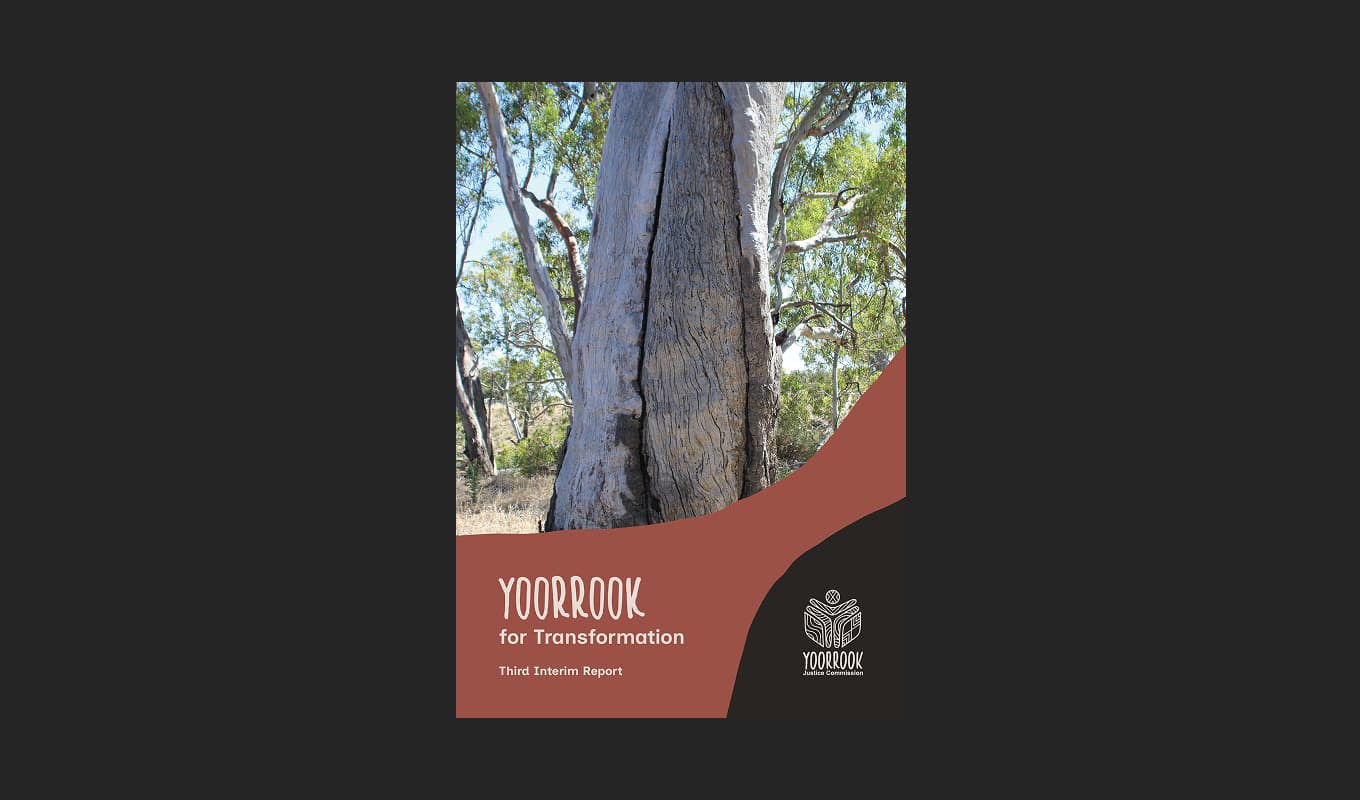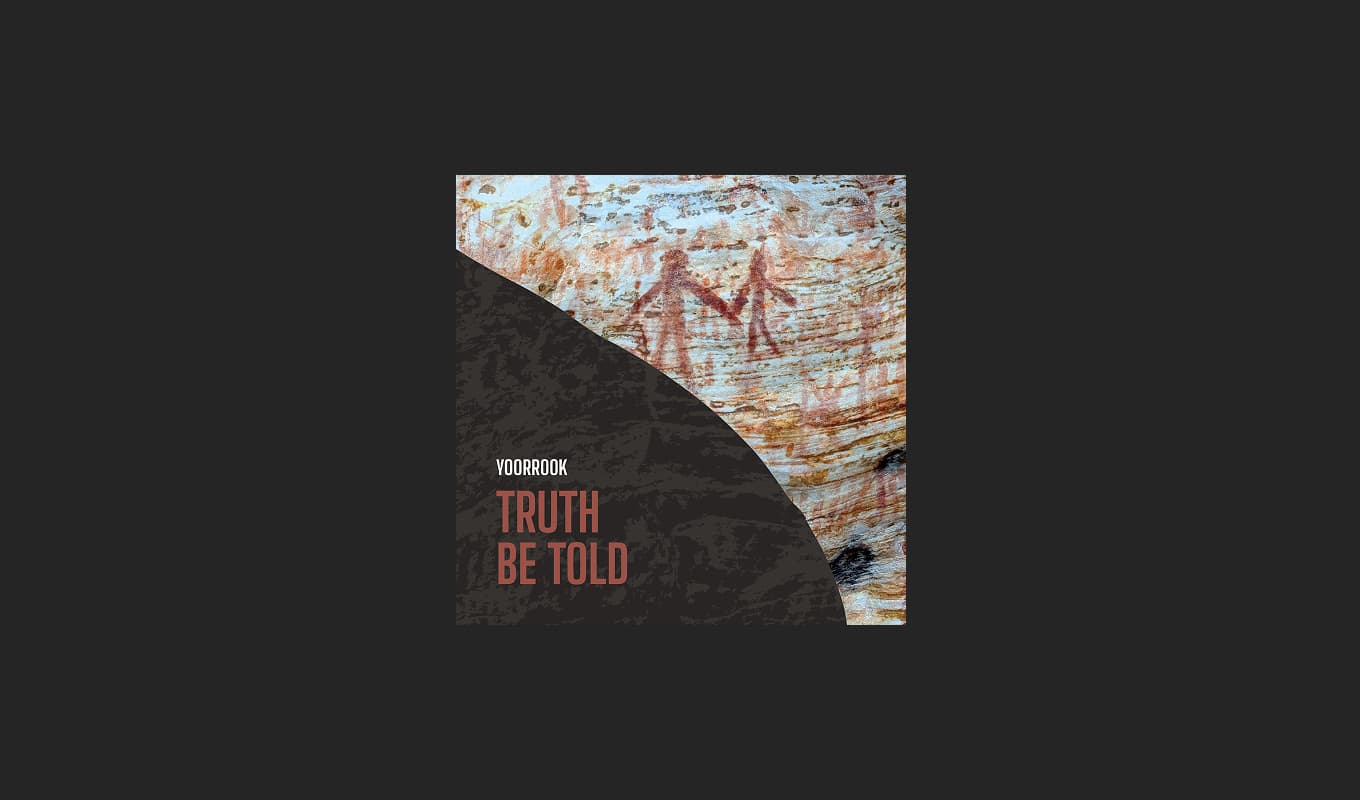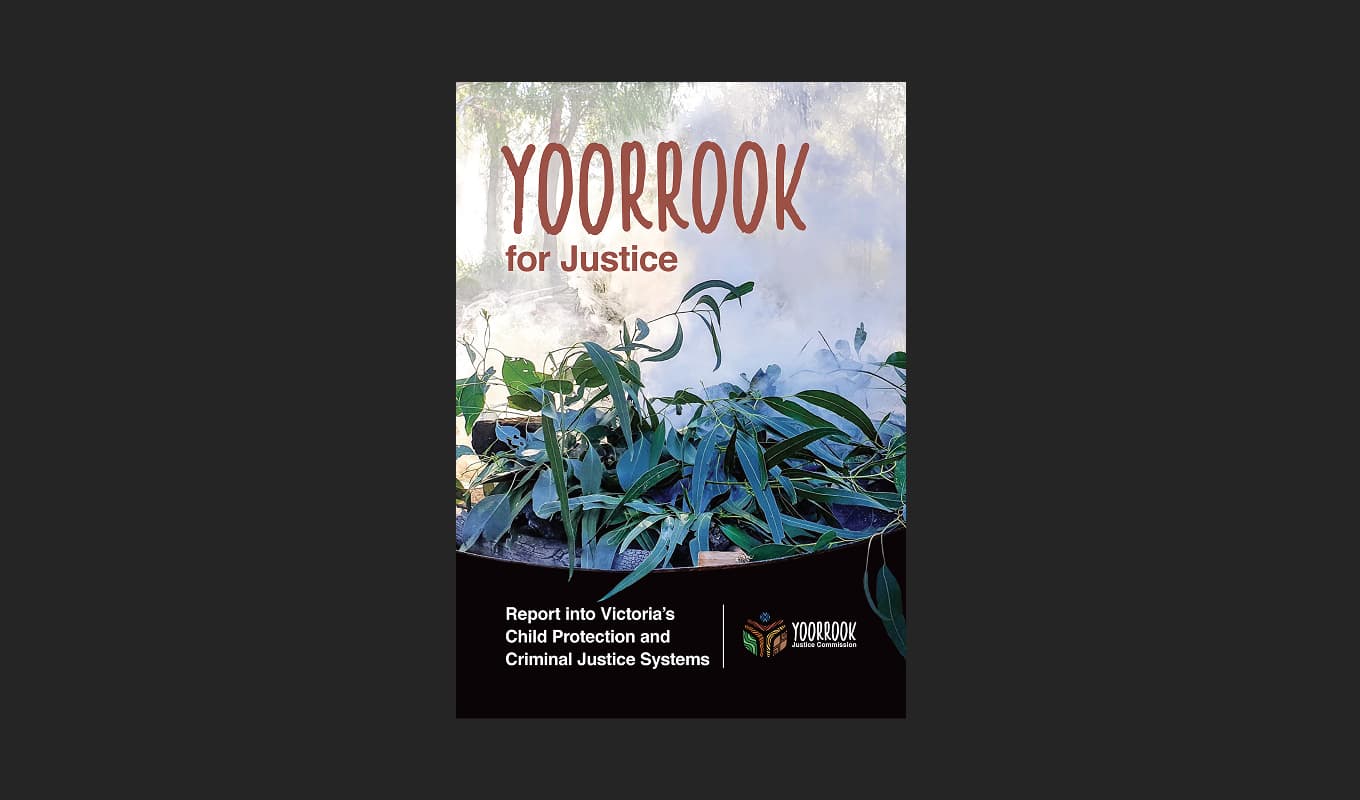Anonymous 1093
This submission outlines their understanding of the colonisation of Victoria and "the systematic discriminatory and genocidal policies of successive state and Commonwealth governments since settlement." It discusses the inconsistent approach to First Nations history in schools and provides ideas to promote better understanding and respect for First Peoples
Submission Transcription
I was born in Queensland on Wulgurukaba of Gurambilbarra and Yunbenun, Bindal, Gugu Badhun and Nywaigi Country and grew up on Yuggera Country. I am primarily of Irish heritage. The majority of my ancestors migrated to Australia from Ireland around the mid1800s. I went to school in Brisbane in the late 1970s and 1980s and was taught very little (virtually nothing) about colonisation and its impacts on First Peoples. My first exposure to sustained conversations about colonisation was likely the protests during the bi-centenary celebrations, however I didn’t really start appreciating the violence of Australia’s settlement until much later. Even studying a minor in Australian history as part of an Arts degree in the early 1990s did not expose me to much discussion of dispossession. This meant I had a lot of ground to make up in my adult years. I completed university study looking at colonisation in the context of intergenerational trauma and self educated through reading (books like Henry Reynold’s ‘Why weren’t we told’ (all pre-internet). I moved to Melbourne and through study got to spend time on Yorta Yorta Country learning about the Victorian experience of colonisation with Graham Atkinson.
Through my professional work in social policy, and continued self-education I slowly built my understanding of the trauma of colonisation and its legacy on First Peoples today. I was subsequently fortunate to have the opportunity to work closely with Traditional Owners of Country in Victoria on self-determination and on health. I now have a much deeper knowledge of how Victoria was colonised, the horrendous impact on communities across the area now known as Victoria, the systematic discriminatory and genocidal policies of successive state and Commonwealth governments since settlement, and the powerful resistance of First Peoples.
I have come to understand how different the pattern of settlement was across Australia, and what this has meant for how First Peoples have chosen to resist, to pursue self-determination, to decide the best way to protect their families and communities, and to thrive. When I first heard the idea of a treaty at a state level, it didn’t make sense to me. I now think that it is the best approach. It was a colonial government that took the land, that organised statesanctioned retribution raids and massacres. It was Victorian governments that forced people onto reserves and missions, banned the practice of Culture and the transmission of knowledge and rubbed salt into genocidal wounds
by not providing these communities with reasonable resources to support themselves let alone thrive. There is clearly an important role for the Commonwealth to play in funding and promoting the next steps towards justice and true reconciliation, but this should supplement and reinforce local efforts.
I cannot comment on Victoria’s school education system directly. I have observed as the children of friends learned more in primary school than I had ever learned at school. I am grateful that children are now learning something of the true history of settlement. There appear to be good resources available to help teachers including age-appropriate First Nations history and culture curriculum resources. But this is not enough. Many teachers don’t have the confidence to teach the material, afraid they will make a mistake.
There does not seem to be a consistent approach within schools, let alone across the whole education system. The teaching of First Nations history and culture should not come down to the skills or preferences of any particular teacher or principal. I would like to see all schools supported by the department to develop strong links to their local Traditional Owner group/s. To see Elders valued by school councils (in a coordinated way that doesn’t see Elders pushed to prioritise the needs of the non-Indigenous community ahead of their own communities, and in a way that recognises the value of this support and recompenses Elders appropriately.)
Some measures of success would be: all students feel confident to give acknowledgements of Country and this is a shared role (not simply pushed onto the Aboriginal students); students know whose Country they live and study on and know something about the way the Country is valued by Traditional Owners, that students learn a more balanced history which tells the truth of forced removal from Country, massacres and the impact of disease, and not just about European explorers and early white settlers. And of course about the ongoing policies and their impacts on First Nations people.
The nature of the public debate about the Voice referendum shows how far we have to go to even have respectful, informed discussions in Victoria (and Australia) about First Peoples’ even have respectful, informed discussions in Victoria (and Australia) about First Peoples’ cultures. The ideas below are just some that come to mind. I look forward to seeing the list your inquiry comes up with. I would like to see free community-based lessons for all people to learn some of the language of the Traditional Owners of the Country they live on. Through these lessons you would learn not only language, but also some of the culture – things like local knowledge of seasons, of water courses, of long-term patterns of the land that are largely invisible to non-Indigenous people, creation stories, about respected ancestors. I would like as I move around Victoria, to easily and reliably know whose Country I am on. We need more signs that tell us this (not only on highways).
And I’d love an app that tells me where I am and gives me links to information developed by the Traditional Owners of the land I’m visiting. I would like to see more public art done by Victorian Traditional Owners. Major events, broadcast around the world (like the Australian Open and the Grand Prix) could do more to tell the story of First Peoples’ strength and continuing presence. I would like to be more clearly warned/advised if I am near a known massacre site, so that I can show due respect and better avoid unintentional insult. I want it to be easier to find information about Culturally important sites that I can visit and incorporate into my local holiday plans. The self- guided walking tour of Yarra City Council is a good example. How great would it be if every local government area had a self-guided map of places of cultural significance that you could download. I support the First Peoples’ Assembly of Victoria’s call for an annual public holiday to celebrate Traditional Owner cultures, history and
continuing strength. I’d like to see the Premier and Governor and the Co-Chairs of the Assembly meeting officially more often, in public ways, to reflect the sovereign-to-sovereign status of their relationship.
I’d like to see major points of entry to Victoria (airports, ports) redesigned so that you are in no doubt that you have come to a place that values First Peoples’ cultures. Q5. In what ways do you think non-First Nations Victorians can contribute to the process of truth-telling and treaty? It is incumbent on us all to know the history of the land we live on. I look forward to a day when every Victorian knows whose Country they are on, knows at least a little about the Culture of the Traditional Owners – some words in language, the creation stories, the culturally significant locations in their local area, the areas that hold painful memories and therefore they should tread lightly. We all need to understand the impact of settlement (disease, massacres, the loss of land, on family and clan structures and language) and of ongoing policies designed to crush First Nations Cultures, if we are to see our way forward to a new way of relating, that brings the strengths of our Cultures together and creates a stronger, more solid future, and makes due reparations for the past.
Truth-teller consent
Contact us about this submission
Contact us if you’d like to discuss this submission.
Similar submissions
Explore submissions from other witnesses that discuss similar topics.
Mary Hassall
This submission is from Mary Hassall, a descendant of James Hassall, after whom the Hassall creek on Gunditj Country is named. It discusses her resear... more
Viki Sinclair (Fowler)
Viki Sinclair is a direct descendant of one of the original settlers of Gippsland, Colin McLaren. In this submission, she tells her personal story of... more
The Thomson Family Descendants
Some of the Thomson family descendants make this submission in hope that, it assists to establish the truth of impact on First Nations by early settle... more
Gayle Carr
Gayle Carr makes this submission on behalf of herself, Kathryn Williamson and the late Diana Halmarick. It outlines the range of historic reference ma... more
Reports and Recommendations
Read the official reports and recommendations of the Yoorrook Justice Commission.

Yoorrook for Transformation
Third Interim Report: A five-volume comprehensive reform report presenting evidence and findings on systemic injustices, and specific recommendations for meaningful change to transform the future.

Truth Be Told
An official public record that documents First Peoples experiences since colonisation, preserves crucial testimonies for future generations and creates an enduring resource for education and understanding.

Recommendations for change
Yoorrook Justice Commission’s recommendations for truth-telling, justice, and systemic reform in Victoria.
